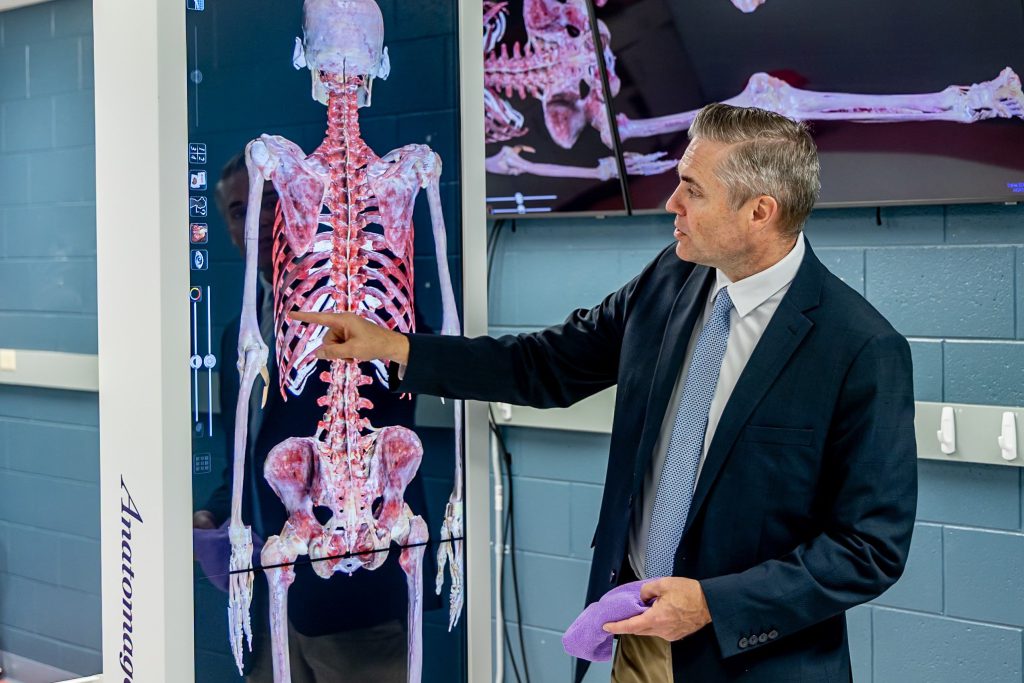Credits
120
Concordia's Bachelor of Science in environmental science studies the biology, chemistry, and ecology of the world; plants, animals, microorganisms, ecosystems, the atmosphere, and the earth itself.
God created the complex world that we live in and tasked humans with caring for it (Gen. 1:26). The study of the earth and its creatures, organisms, and ecosystems helps us better understand what God has entrusted to us. This program prepares students for meaningful lives of service in study of and care for the world.
Virtual TourScience aims to understand the incredible intricacies of God's creation. It all starts with a question, which leads to research, forming a hypothesis, testing the hypothesis, and analyzing and communicating the results, which often leads to new questions. This scientific inquiry is what leads to theories and laws that observe and describe the world around us.
In this program, you'll study everything that exists in the earth's environment, from the plants and animals to ecosystems and climate patterns, and how they all correlate. Two concentrations are available; ecology and environmental chemistry. Both tracks take a deep dive into a wide variety of scientific disciplines, with each specialization putting an extra emphasis on ecology or environmental chemistry respectively.
The environmental science major explores the physical, chemical, and biological properties and processes of our world. The program seeks to help students grow in the following six areas:

Meet Hans. He’s the image on one of Concordia University Wisconsin’s newest tools — the Anatomage Table. Through this cutting-edge technology, Hans supports nursing and health professions students at CUW. Read More
This past summer, CUW students joined the fight against one of medicine’s greatest...
If you dream of medical school, pharmacy, or a career in science, Concordia University Wisconsin...
Concordia University Wisconsin has solidified three new partnership agreements aimed at providing...
In partnership, Concordia University Wisconsin (CUW) and Concordia Seminary (CSL) in St. Louis...
Our team is standing by to assist you with additional program details, financial aid options, and admissions questions.
Loading...